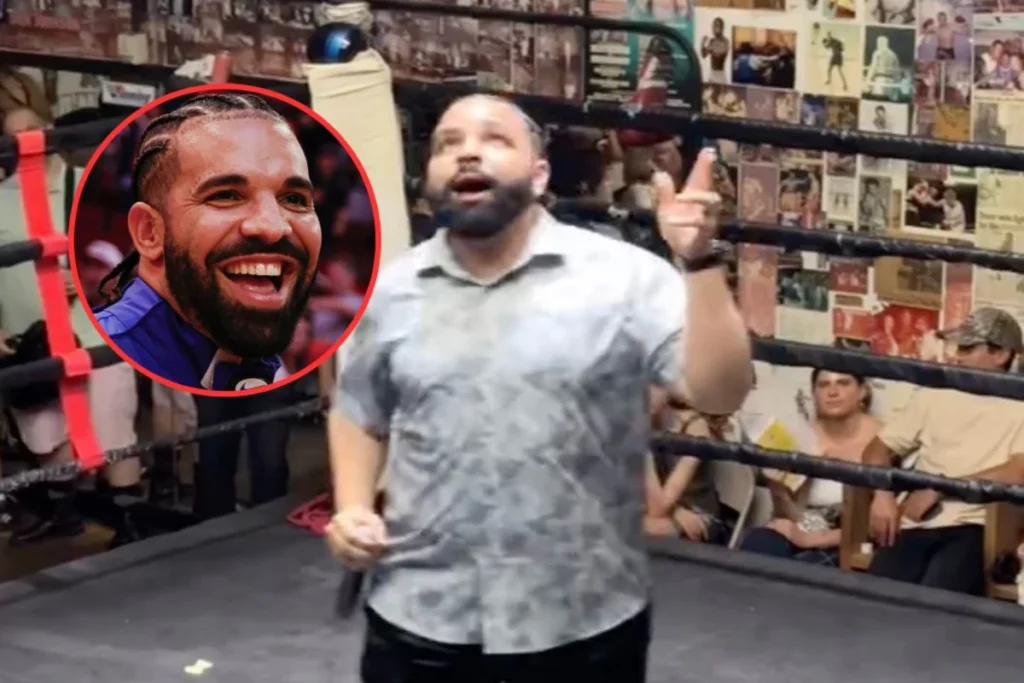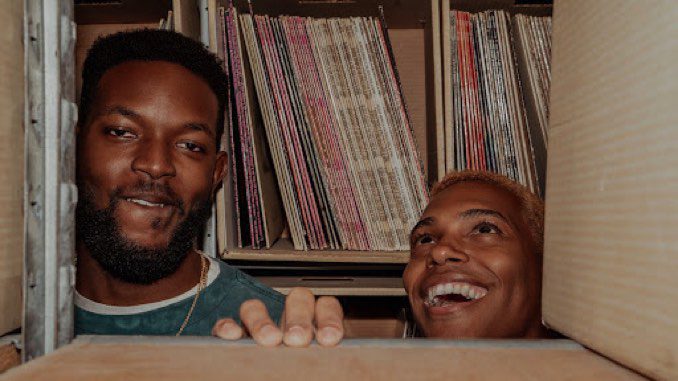When it was time to release a first single from Claire Cottrill’s hotly anticipated sophomore album under the name Clairo, somebody chose an interesting one: “Blouse,” a downcast ballad about feeling sexualized and ignored that sounds like Phoebe Bridgers singing a Simon & Garfunkel song.
The focal point of “Blouse” is Cottrill’s somber voice and softly plucked acoustic guitar, though the arrangement also includes a cello, violin, flutes and saxophones. Still, it feels slow and slight, especially compared to the big beats and buzzy synths of her excellent 2019 debut full-length, Immunity, one of Paste’s best pop albums of that year.
The contrast between “Blouse” and Immunity provoked several questions: Was the single representative of the rest of the new album? Or would it turn out to be a curveball? Was it indicative of a change in direction for Clairo? Or was it just another one of her sad songs, this time stripped of the production touches of former Vampire Weekend studio wizard Rostam Batmanglij, whose influence is heavy throughout Immunity?
A little more than a month later, Clairo’s new album Sling is here, and we have our answers. Yes, “Blouse” is somewhat representative of the work as a whole, in that it is one of Cottrill’s sad songs—resolute, plainspoken, emotionally resonant, melodically inviting—and Batmanglij’s thumps and squiggles are nowhere to be found.
In their place are string sections and horns, rubbery bass lines and warm organ tones, layered harmonies, hushed acoustic folk, modest indie-pop and ‘70s singer/songwriter vibes. And in Rostam’s place is Jack Antonoff, super-producer to stars like Taylor Swift, Lana Del Rey, Lorde and The Chicks. Together, Antonoff and Cottrill recorded Sling at Allaire Studio on a verdant hilltop in upstate New York, where Cottrill found solace after a whirlwind few years that included Immunity’s success, lots of touring and, before all that, her viral rise.
Which is probably why Sling sounds like a long exhale after a wild ride: constructive, much-needed, a little bit messy. The most easily likeable song here is “Amoeba,” an upbeat bit of lite-funk that pulses with the same kind of spirit that made Immunity so appealing, while “Zinnias” flounders for a minute before settling into thoughts of domesticity and a jaunty groove. “Quietly, I’m tempted / Sure sounds nice to settle down for a while,” Cottrill sings, sounding like someone older than 22. “Let the real estate show itself to me / I could wake up with a baby in a sling / just a couple doors down from Abigail.”
Contemplating the future is a recurring theme on Sling, and by necessity, so is learning from the past. “Fast forward to when I have friends, and men who don’t interject,” she sings on “Management,” the album’s closer. Later, she gets at the root of her daydreams: “I’m doing it for my future self—the one who needs more attention.” On “Wade,” however, she is quick to clarify that she doesn’t seek a do-over for her journey so far: “Of course I don’t regret the moments where I wept,” she sings, “and yearned for what I’ve got now.” (Both songs shapeshift a few times, like Elliott Smith if he lost his laser focus on pure pop genius.) And buried near the end of the album is a short song called “Reaper” that finds Cottrill in full folkie mode, complete with stomped percussion and another vision of motherhood: “I’m born to be somebody, then somebody comes from me.”
It is surely no coincidence that Sling’s best songs are the ones written solely by Cottrill, while a handful of her six co-writes with Antonoff—“Bambi,” “Partridge,” “Little Changes”—never quite take shape, instead spending a few minutes as an unmemorable mush of baroque studio-pop. And then there’s “Joanie,” a labyrinthine instrumental song named after Cottrill’s beloved dog. It meanders through a series of high points and dead ends, and ultimately ends up chasing its own tail. Is it necessary? Probably not. But at least it does something.
Which brings us back to “Blouse” and another song credited only to Cottrill, “Just for Today.” Because of their relative lack of adornment, these are the tracks that stand out on Sling. The former sounds truly timeless—as if it was dug up from another decade—and the latter’s simple production and tasteful violin swells complement its raw lyrics about depression, getting through it and facing the future. Both of them succeed by zeroing in on what makes Cottrill a compelling songwriter to begin with, rather than zooming out and surrounding her with distractions.
So maybe “Blouse” was a bit of a curveball. And while setting Sling next to Immunity proves Cottrill has more than one pitch in her arsenal, it turns out her curveball is the one that’s most dazzling. Here’s hoping she makes an album full of them someday.
Ben Salmon is a committed night owl with an undying devotion to discovering new music. He lives in the great state of Oregon, where he hosts a killer radio show and obsesses about Kentucky basketball from afar. Ben has been writing about music for more than two decades, sometimes for websites you’ve heard of but more often for alt-weekly papers in cities across the country. Follow him on Twitter at @bcsalmon.




